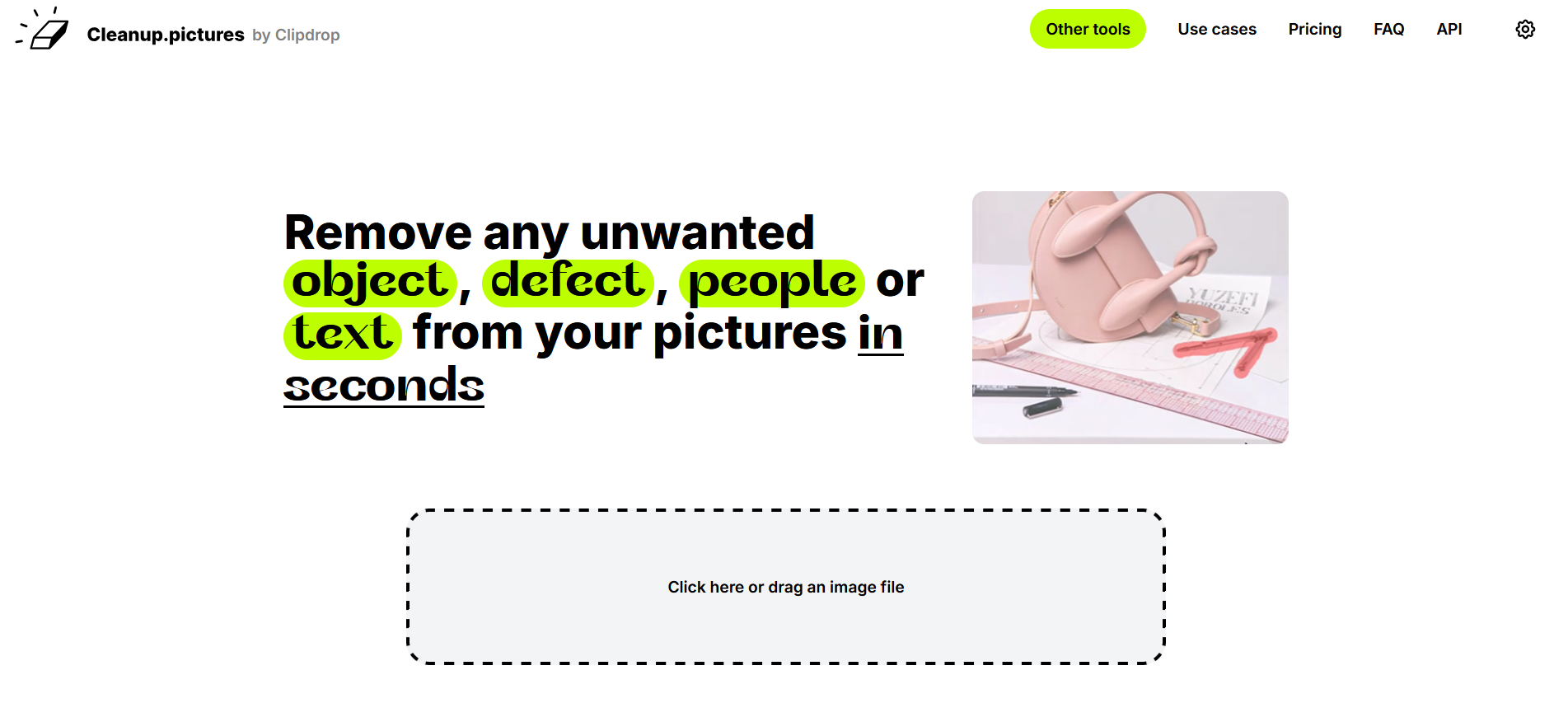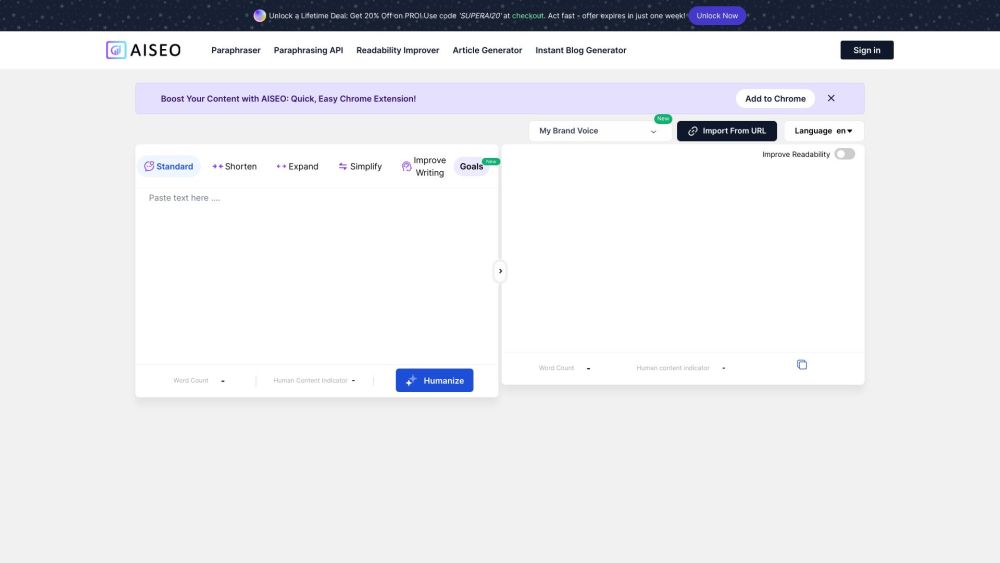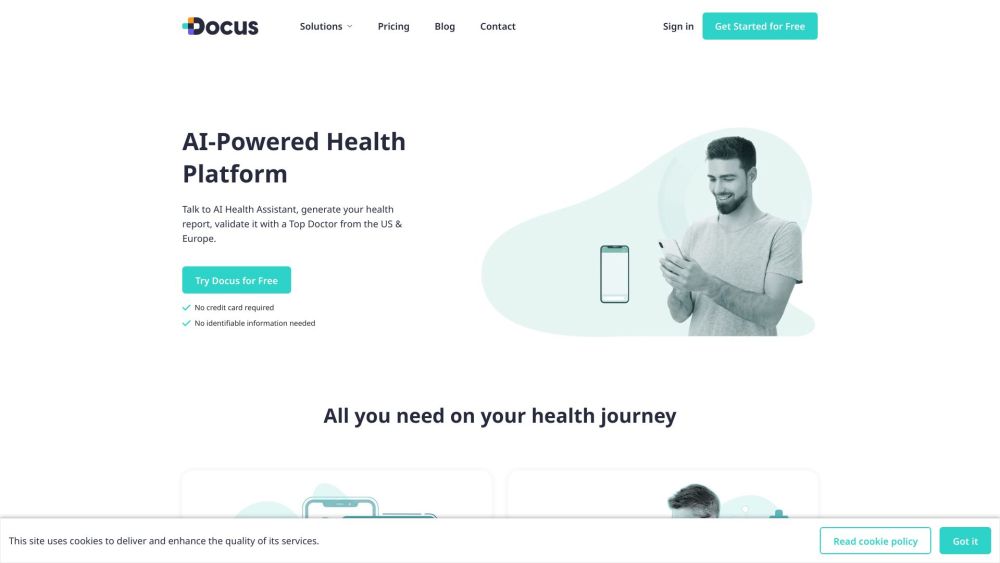Google is taking significant steps to enhance the quality of search results, directly addressing long-standing issues in the SEO industry that have gamified search rankings and diminished the credibility of Google Search results. Many users searching for product recommendations, reviews, deals, and discounts often encounter low-quality or spam-filled websites that fail to deliver on their promises, despite achieving high rankings. This situation is poised to change with Google’s latest update, as announced today.
On Tuesday, Google revealed a new search quality update aimed specifically at improving the ranking of websites and revising its spam policies. These changes will target an array of undesirable content, such as “expired websites repurposed as spam repositories” and obituary spam, to ensure that users receive meaningful and relevant information.
The primary objective of this update is to refine Google’s ranking systems to penalize pages that prioritize search engine optimization over user experience. The company highlights that sites lacking user-friendly designs or those created to manipulate search queries will be adversely affected. Google anticipates that this update, along with its past initiatives, will help eliminate up to 40% of low-quality and unoriginal content from search results.
While Google’s blog post does not specifically mention "artificial intelligence" or “AI,” its detailed communications on Search Central do reference the implications of these technologies. Google notes that content creation methods leveraging automation often blur the lines between human-generated and machine-generated content, complicating the assessment of originality and quality.
Instead, Google is set to target the problematic behavior of producing content en masse solely to enhance search rankings—irrespective of whether the content is created by humans or machines. This approach may affect pages that falsely claim to provide valuable answers but ultimately offer little to the user.
According to spokesperson Jennifer Kutz, the updated ranking criteria will “explicitly address low-quality AI-generated content designed merely to attract clicks without adding substantial value.” Furthermore, the updates will also tackle human-created content that fails to provide meaningful insights. The overarching aim is to minimize the presence of unsatisfying pages lacking original content. The policy will encompass content generated by humans, generative AI, or other automated processes.
Additionally, Google plans to combat “site reputation abuse,” where a reputable website hosts low-quality third-party content to mislead users and exploit its established reputation. For instance, a credibility-rich educational site may feature payday loan reviews to gain ranking advantages—this approach could also affect several review sites that no longer conduct genuine hands-on testing but instead feign such practices.
This concern was highlighted recently by 404 Media, which referenced a German study indicating a decline in Google's search quality after analyzing thousands of search terms over the past year. Search marketers have echoed this sentiment, noting that deceptive practices have gained the upper hand. Meanwhile, niche sites like HouseFresh, which specializes in air purifier reviews, are hindered by the rise of SEO spam, overshadowing their expert-led research. HouseFresh lamented, “Google is killing independent sites like ours,” in a blog post last month, highlighting how recommendations from larger media organizations now outshine genuine editorial reviews.
The forthcoming update will also address expired domain abuse, a tactic that misleads consumers into thinking that new content belongs to an older site. This occurs when domains are resold and repurposed to improve rankings for low-quality content.
If Google effectively resolves these issues through its search quality update, it could significantly enhance consumer perceptions of Google Search—especially as concerns about its usefulness grow in an era of advancing AI technologies. Publishers face declining website traffic, and new startups such as Arc’s web browser and news readers are leaning on AI for summaries, risking the essential traffic that sustains publishers.
To give website owners sufficient time for adjustments, Google is releasing its policy two months before enforcement begins on May 5.







